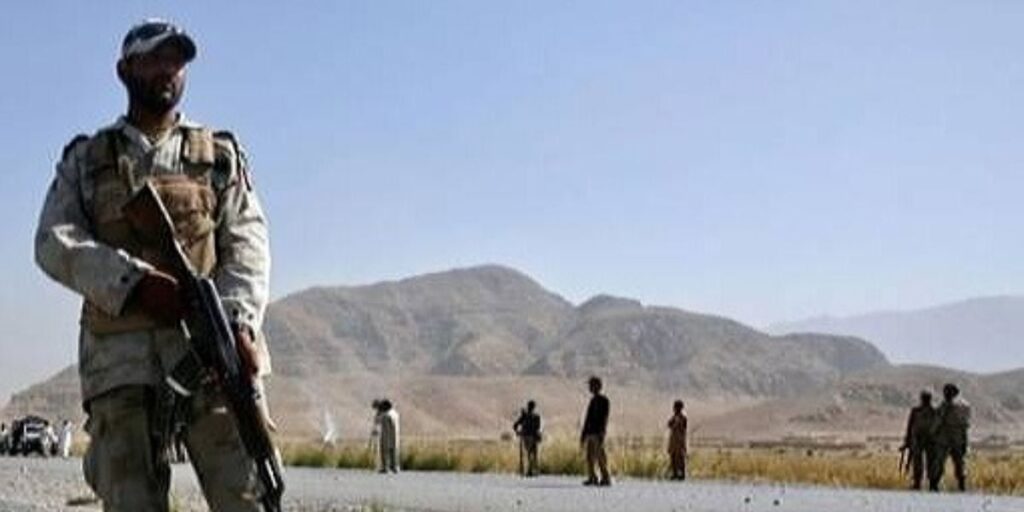QUETTA: On the morning of July 9, 2025, in the valley of Gidar (Surab, Kalat District), a group of BLA militants—allegedly backed by Indian funding—attempted to launch an assault on the N-25 National Highway near the Isht Shirin checkpoint.
Unaware that their movements were already being tracked, the group walked into a well-prepared ambush by a joint team comprising Frontier Corps, Levies, and local volunteers.
Within just 20 minutes of intense gunfire, six terrorists were neutralized on the spot, while the remaining fled chaotically into nearby settlements to escape capture.
The incident follows a recent crackdown on Indian-linked networks operating from Iran, which has significantly reduced the flow of weapons, satellite communication tools, and cryptocurrency funding across the border.
With resources dwindling, the BLA resorted to a small-scale incursion, sending barely a dozen fighters to target Surab—a mid-sized town where they expected minimal resistance.
However, timely intelligence reports about the movement of Indian-supplied arms to Surab enabled security forces to raid weapon depots and block all possible escape routes.
The first exchange of fire occurred near a mountain spring in Gidar, a region belonging to the Zahri tribe.
Surab is known for its flavorful pomegranates, and every autumn, its modest “Fruit Festival” draws tourists and energizes the local economy.
Unfortunately, these vibrant orchards had become easy extortion targets for BLA operatives.
Since the beginning of this year alone, 47 threatening letters have been sent to small-scale farmers across Kalat Division.
ALSO READ: Terror facilitator arrested in Barkhan during operation
Yesterday’s operation not only dismantled an armed cell of the militants but also exposed the group’s “agricultural extortion model”—a silent threat to the region’s fragile rural economy.





